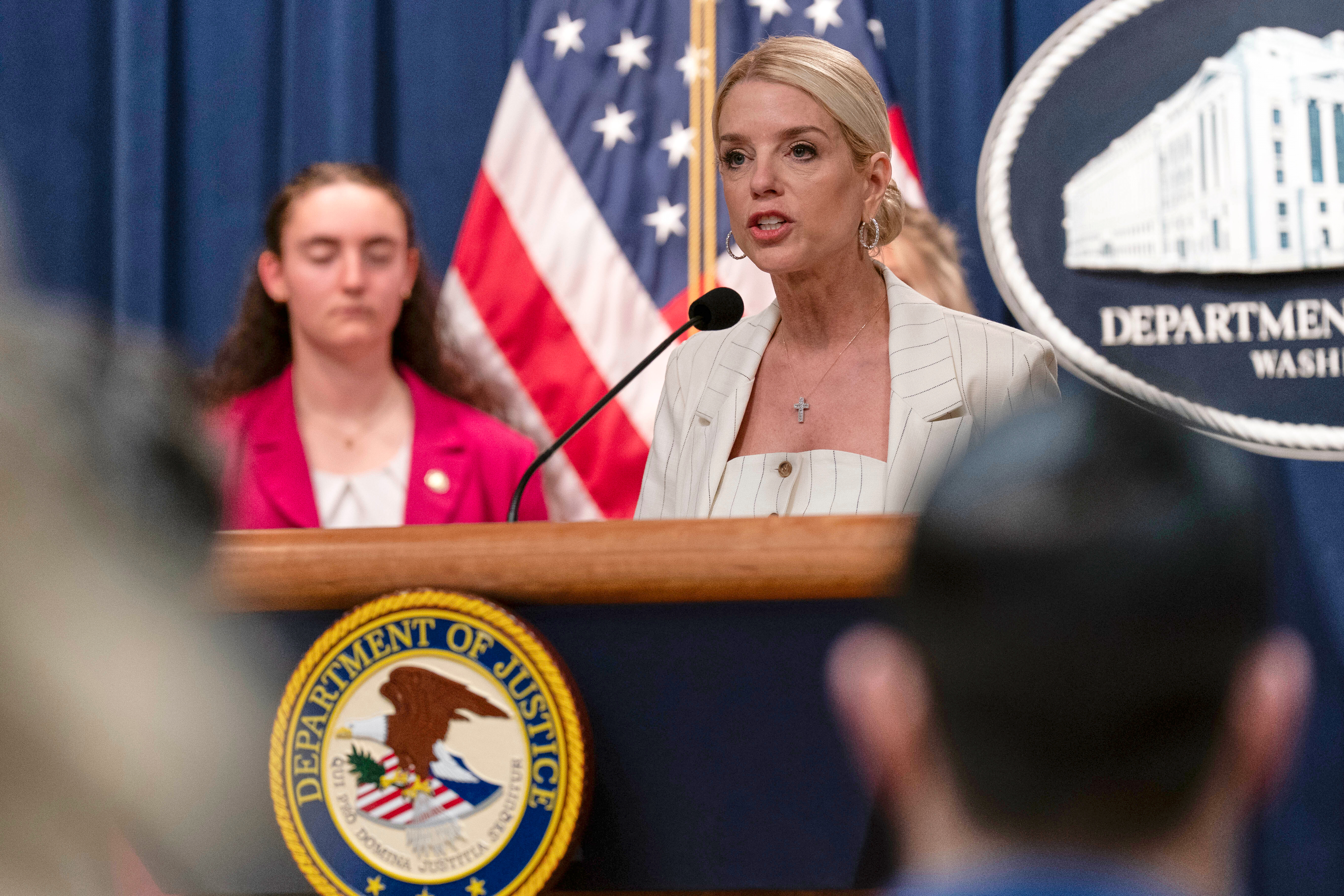With missile attacks in Lebanon and Syria and airstrikes between Pakistan and Iran, escalating tensions outside of Gaza in the Middle East have sparked global concern that the region is teetering on the brink of turmoil.
Israel continues to clash with Iranian-backed Hezbollah in Lebanon, hitting a Lebanese army checkpoint on Saturday with a deadly strike and injuring several more people, according to Lebanese state media.
In Syria, a lethal Israeli airstrike on the country's capital destroyed a building used by the Iranian paramilitary Revolutionary Guard. With each strike, the possibility of a two-state solution was called into question.
"Regardless of how popular it is, the reality on the ground is the two-state solution is dead," John Bolton, former U.S. ambassador to the United Nations, said. "Something has to be done for the Palestinians. They've been abused. They've [been] made into a weapon against Israel for 75 years now. That hasn't gotten anywhere. But the idea that you're going to reconstruct Gaza and build a state on that, I think, defies reality."
The Hamas-run health ministry in the Gaza Strip says more than 25,000 people have been killed in Gaza since fighting broke out between Hamas and Israeli forces in October. In response, Israel's Prime Minister Benjamin Netanyahu continues to remain firm in his rejection of calls for a ceasefire.
"In exchange for the release of our hostages, Hamas demands the end of the war, the withdrawal of our forces from Gaza, the release of all the murderers and rapists of the Nukhba [Hamas unit], and leaving Hamas intact," Netanyahu said. "If we agree to this, our warriors fell in vain. If we agree to this, we will not be able to guarantee the security of our citizens, we will not be able to return the evacuees safely to their homes, and next October 7th will only be a matter of time. I am not ready to put up with such a fatal injury to Israel's security, so we will not agree to it."

Palestinian death toll in Gaza surpasses 25,000 with no end in sight
The overall toll is thought to be even higher because many casualties remain buried under the rubble from Israeli strikes.
But it's not just Israel and its neighbors that are clashing.
"We are now at the moment where there is regional spillover in the Red Sea in Lebanon and Iraq and even in Syria," Majed Al Ansari, a Qatari spokesperson, said.
A series of airstrikes are escalating tensions between Pakistan and Iran.
On Saturday, a barrage of missiles on a U.S. military base in Iraq was unleashed by Iranian-backed militants, leaving an unknown number of U.S. service members injured, some of whom were being evaluated for brain injuries, according to U.S. Central Command.
"The European Union is gravely concerned by the spiral of violence in the Middle East and beyond, now also in South Asia," Peter Stano, a European Union spokesman, said.
Global leaders are now doubling down on demands that efforts be made to lower tensions in the region.
"If we wanted an end to all these escalations that are happening in the region, the solution to that is for the international community to work together, to end this war, to go back to the negotiation table, and to talk about the peace process that is sustainable in Palestinian territories and Israel," Al Ansari said.
Many believe the answer begins with resolving the situation in Gaza first.
"The key to de-escalation in general right now, I think, is ending the conflict in Gaza because that's feeding all of this instability in the region. We were already a very unstable region, unfortunately, before," Faisal bin Farhan Al Saud, a Saudi Foreign Minister, said. "But this continuing conflict and the continuing carnage that we are seeing, we are now at 30,000 civilians dead in Gaza. We have to find a way to stop this crisis. We have to stop the killing in Gaza, and that will lay the ground I believe, for stabilizing other situations in the neighborhood."










